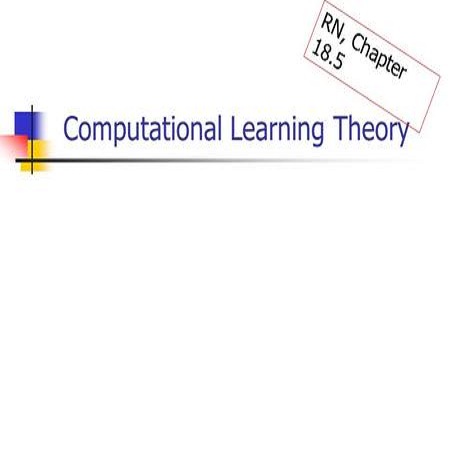Compressing the output of \epsilon-locally differentially private (LDP) randomizers naively leads to suboptimal utility. In this work, we demonstrate the benefits of using schemes that jointly compress and privatize the data using shared randomness. In particular, we investigate a family of schemes based on Minimal Random Coding (Havasi et al., 2019) and prove that they offer optimal privacy-accuracy-communication tradeoffs. Our theoretical and empirical findings show that our approach can compress PrivUnit (Bhowmick et al., 2018) and Subset Selection (Ye et al., 2018), the best known LDP algorithms for mean and frequency estimation, to to the order of \epsilon-bits of communication while preserving their privacy and accuracy guarantees.
翻译:在这项工作中,我们展示了利用共享随机性联合压缩和将数据私有化的计划的好处。特别是,我们调查了一套基于最小随机编码的计划(Havasi等人,2019年),并证明它们提供了最佳的隐私-准确性-通信取舍。我们的理论和经验调查结果表明,我们的方法可以将Priv United(Bhomick等人,2018年)和Subset selective(Ye等人,2018年),即最知名的中、频估算LDP算法,压缩成平均和频率估算法,以达到通信中位数的顺序,同时保持其隐私和准确性保障。



